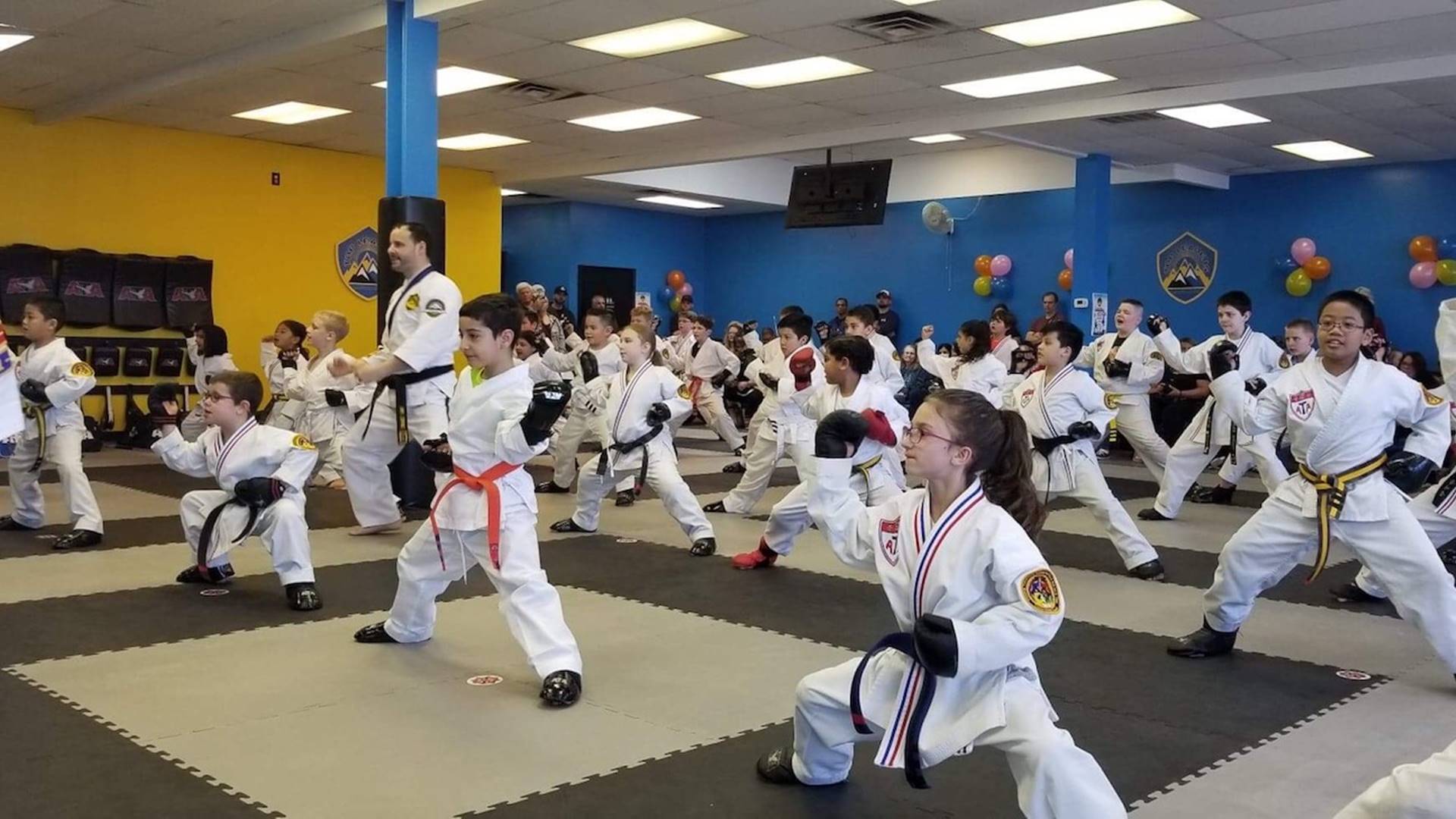Taekwondo as a martial art, but also its sports part, sports wrestling (kyorugi) and form performance (poomsae), provides a lot to children in their psychophysical development and development of social skills

Modern life brings with it situations, positive or negative, to which children are primarily exposed. With this in mind, there are many benefits to practicing taekwondo for children.
I base my thinking on positive examples from my own environment, but also on the examples of other clubs in the country and abroad, as well as on scientific research in the field of taekwondo. In doing so, one should be realistic and say that practicing other martial arts can achieve a similar effect. But I would stay here and look only at the benefits of practicing taekwondo.
READ MORE: Teaching Traditional Japanese Martial Arts
In children, continuous practice of taekwondo increases the level of self-confidence, which directly affects the ability to “self-protect”. Also, through respect for the specific organizational culture nurtured in the dojang (hall), but also in the Club as a whole, children develop a sense of respect for others (especially parents, then other adults, and finally other children), the ability to self-control, perseverance/perseverance in work, ethics, independent, and later (if the child expresses a desire to compete) and sports / competitive spirit.
In the case of developing sports / competitive spirit in children, it is important to note that it is not only achieved by participating in official competitions (championships, cups, tournaments) in the sports part of taekwondo but it can be developed in the club through various games (especially at the earliest age) and internal competitions and contests. Sporting / competitive spirit is very important for the development of social skills in children because competitions and contests are an ideal simulation of real life.
Therefore, the benefits of practicing taekwondo, as well as practicing any other martial art, are not only on a personal level but also social.
Children with norms and rules of conduct adopted in the gym, who at the same time accept the rules (easiest through competition), are a positive example to their peers at school and in the local community. In other words, children who practice taekwondo are not only socially acceptable and non-conflicting for their environment, but over time they become more and more useful and therefore a necessary members of the community.
Also, we should not ignore the fact that one day, with proper and professional work in the Club in the sports part of taekwondo, a potential champion can be created, who would present Montenegro in a nice way. in the world. Taekwondo is one of the most popular martial arts in the world.
Quite a big role in that popularity should be thanked its sports part. Sports wrestling (kyorugi) has been a demonstration sport since 1988, and an official Olympic sport since 2000 (it has become one of the basic Olympic sports since the London 2012 Olympic Games). Performing forms (poomsae) has been an official sports discipline since the Universiade in 2009, and it is a matter of days when it will become an Olympic sport (hopefully it will be from the 2024 Olympic Games).
Manifesting only the best qualities in children, both socially desirable and necessary for the child’s self-development requires quality and professional work by coaches, but also other experienced club members (with longer “experience” of training and a higher belt than the child), who have already adopted certain socially acceptable norms of behavior.
In other words, the Club forms a whole in which the child develops in training. In doing so, he should not be forced beyond his capabilities, but “feel” them and recognize how the child can develop properly.
In the following texts, I will try to give further insights into the impact that taekwondo training can have on children, observed from various other aspects.
Martial Arts, The art of blue – bruises on your attackers!
#MartialArtsStudio
Napomena o autorskim pravima: Dozvoljeno preuzimanje sadržaja isključivo uz navođenje linka prema stranici našeg portala sa koje je sadržaj preuzet. Stavovi izraženi u ovom tekstu autorovi su i ne odražavaju nužno uredničku politiku The Balkantimes Press.
Copyright Notice: It is allowed to download the content only by providing a link to the page of our portal from which the content was downloaded. The views expressed in this text are those of the authors and do not necessarily reflect the editorial policies of The Balkantimes Press.
